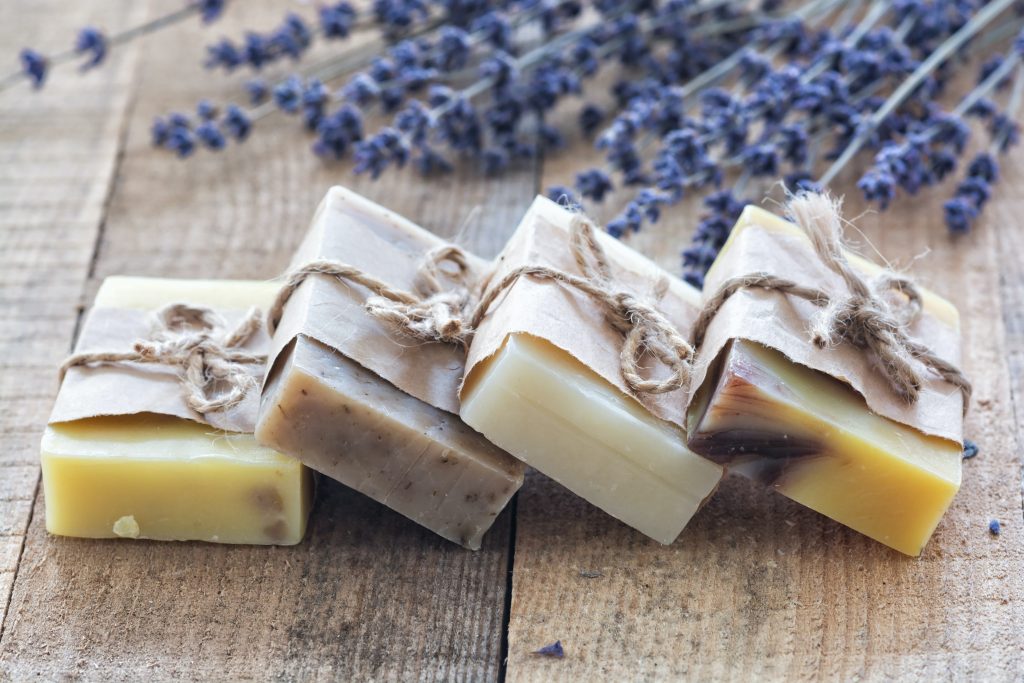Common Natural Soap Making Mistakes That Private Labels Should Avoid

In recent times, the demand for natural handmade soap is soaring all over the globe. Hence, it is evident that people will try to monetize this trend and they are doing exactly that.
However, if the person reading this post is new in the sector but has the ambition to take their private label natural handmade soap brand to the pinnacle of success then they have to stop making certain mistakes from the get-go.
What are those mistakes?
Well, they are as follows –
Not preparing the ingredients and the soap making station before the process
Private label organic handmade soap manufacturing brand owners need to take the soap making business seriously. Hence, it is of utmost importance that the people working in the company who are directly associated with the soap manufacturing process are trained to prepare the natural soap making ingredients and their designated soap-making stations before the process begins for the day.
Proper hygiene and business standards should be maintained at all costs. It is one of the many ways a private label handmade natural soap brand owner can keep their business afloat in the long run.
Not testing new ingredients before making the final product
Private label handmade natural soap brand owners should also remember that the ingredients that are added to a recipe for their luxury handmade soap range should be of top quality. If that is not the case then the final product will not be on par with the quality the clients expect from the private label. This will harm the overall reputation of the brand and the company can lose its distribution channels as well as repeat customers.
Furthermore, private label handmade natural soap making brand owners should also invest resources to set up a dedicated research and development unit where new natural soap making ingredients like turmeric, honey, donkey milk, etc. will be tested so that ingredient-specific recipes are created that are fool-proof.
Researching new ingredients will also ensure that the private label natural handmade soap brand owner won’t lose the trust of their clients as the soaps will not harm the skin of the end-user in any way.
Not measuring the natural soap making ingredients in the correct manner
Private label natural handmade soap manufacturers don’t need to invest in state-of-the-art measuring devices when they want to ensure that the soap-making ingredients are in the correct amounts for a specific type of soap. The owners of such companies can always train their soap makers to use generic scales to measure the correct amounts of soap-making ingredients every time. Private label soap brand owners should forbid their workforce to use a generic cup without measuring marks for adding soap-making ingredients.
Conclusion
Private label natural handmade soap manufacturers should also remember that natural oils and related ingredients have their respective saponification values. The saponification value is the amount of lye one has to use to convert one gram of a specific natural soap ingredient into useable soap. Failure to use the perfect amount of lye for a specific natural soap ingredient will reduce the overall quality of the soap and harm the reputation of the label in general. For the best results, if the private label natural handmade soap manufacturer uses specific soap-making recipes then the soap makers associated with the company should be trained to use a soap calculator and stick to the numbers always.
Leave a Reply
You must be logged in to post a comment.